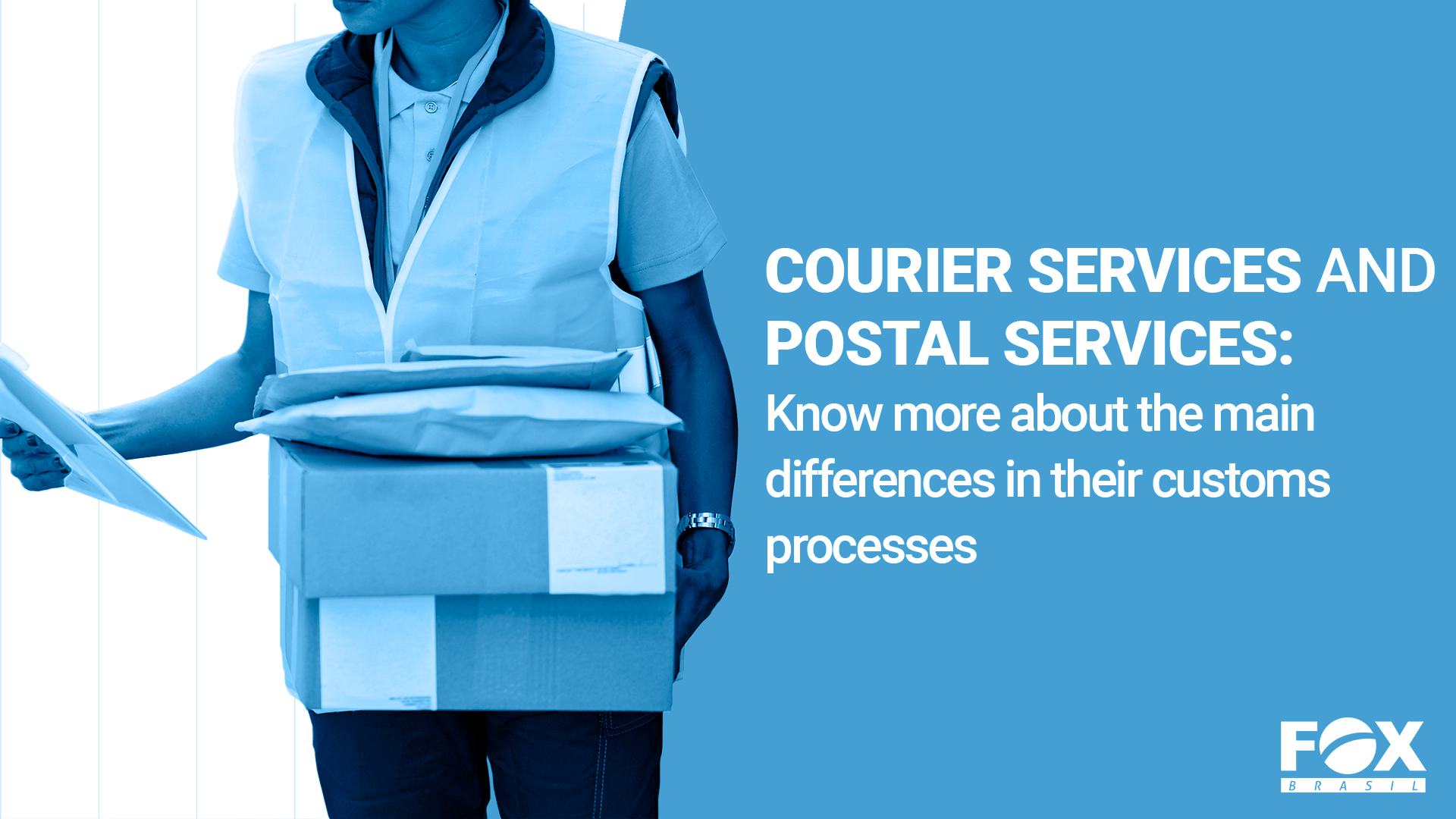Courier and Postal Shipment: Understand the Key Differences in Customs Procedures

Understand Logistics & Freight
Although courier and postal shipments have very similar concepts, we know that a predominant difference between the two is that express shipment is managed by private courier companies, while postal shipment is handled by the government’s postal service. However, differences in customs duties and procedures can be confusing, so in this post, we will explain what sets express shipment and postal shipment apart in terms of these procedures.
Customs Procedures
Express shipments are typically handled by courier companies, which manage the processes involved in clearing the cargo through specific procedures for fast goods clearance.
Postal shipments are subject to traditional customs procedures, which may involve more time and documentation required to obtain clearance.
Declared Value and Taxation
Courier requires a declaration of the value of the goods being sent since this mode of shipment only allows for the transportation of goods valued up to USD 3,000 (or the equivalent in another currency). Additionally, the declared value can be used by customs authorities to determine applicable taxes and fees. Courier is subject to Import Duty and State Tax (ICMS).
In Brazil, the Import Duty is equivalent to 60% of the customs value, and the State Tax (ICMS) is 17%.
Postal shipments also require a declaration of the value of the goods being sent to determine applicable taxes and fees, with the same customs value limit that courier is subject to. Currently, in Brazil, postal shipments are exempt from Import Duty if the value does not exceed USD 50 (or the equivalent in another currency) and the transaction is between individuals without commercial purposes.
However, this tax exemption for goods up to USD 50 will also apply to companies that join the new program of the Federal Revenue called “Remessa Conforme,” which will come into effect on August 1, 2023. This exemption will apply to both express and postal shipments, and the only fee to be collected will be the State Tax (ICMS).
It is important to note that tax laws and regulations vary from country to country, so it is essential to consult customs authorities and/or shipping service providers to obtain specific information about the taxation of courier and postal shipments in a particular country.